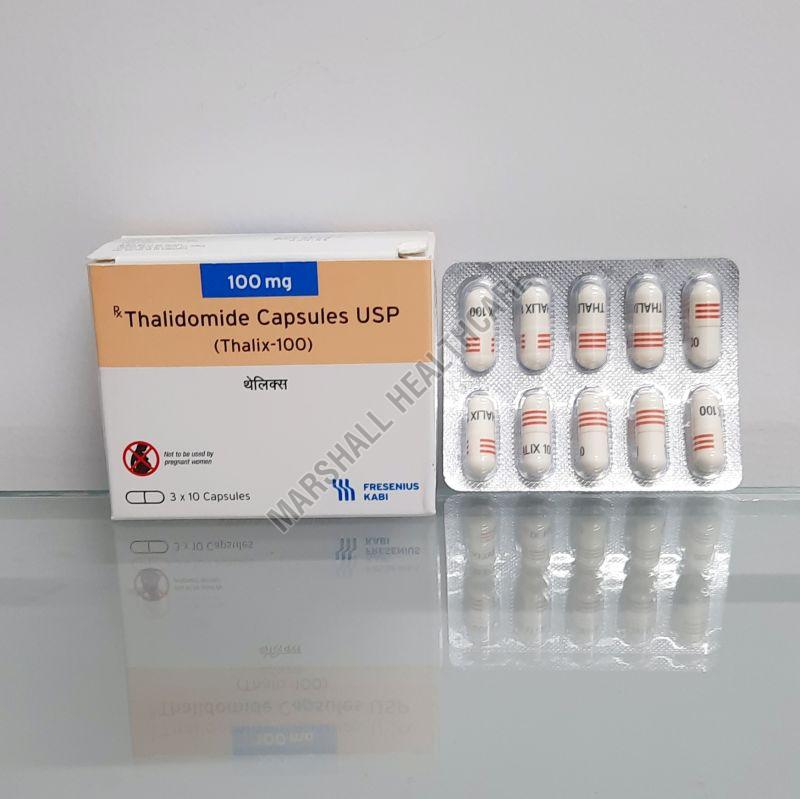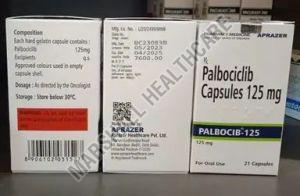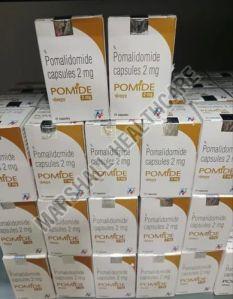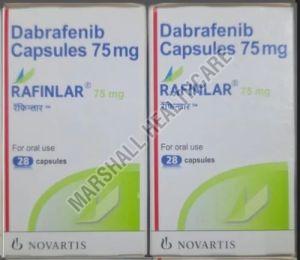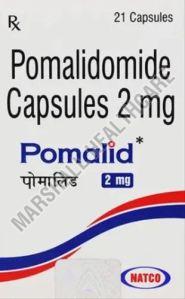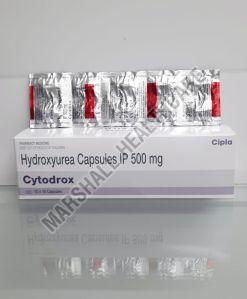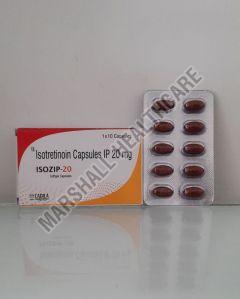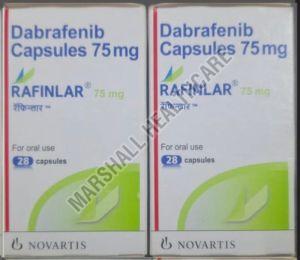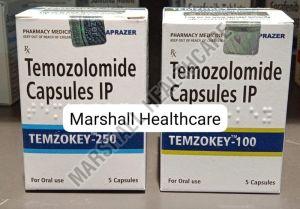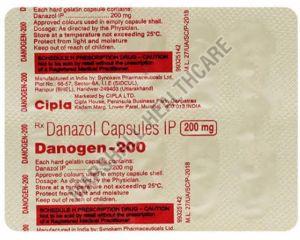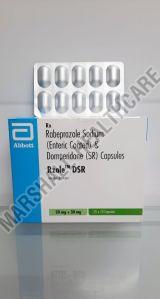Chandkheda, Ahmedabad, Gujarat
- GST NO. : 24CJWPK9058H1ZI
| Business Type | Manufacturer, Exporter, Supplier, Trader, Distributor |
| Dosage | As Per Directed By Doctor |
| Country of Origin | India |
| Medicine Type | Allopathic |
| Click to view more | |
Product Details
Thalidomide is a medication that comes in capsule form, and 100mg is one of the common dosages. It is a powerful drug with very specific uses and significant safety precautions.
What it is Used for
Thalidomide is an immunomodulatory, anti-inflammatory, and anti-angiogenic agent. This means it works by affecting the immune system, reducing inflammation, and preventing the growth of new blood vessels. Due to these properties, it is used to treat:
-
Multiple Myeloma: A type of bone marrow cancer. It is often used in combination with other drugs, such as dexamethasone, to treat newly diagnosed patients.
-
Erythema Nodosum Leprosum (ENL): A painful inflammatory skin condition that is a complication of Hansen's disease (leprosy). It is used for both the acute treatment and maintenance therapy to prevent the recurrence of ENL.
Key Safety Warnings and Precautions
Thalidomide has a notorious history and is now subject to very strict regulations due to its high risk of causing severe birth defects.
-
Embryo-Fetal Toxicity: Even a single dose of thalidomide can cause severe, life-threatening birth defects or death of a baby. Women who are pregnant or could become pregnant must never take this medication. A special restricted distribution program is in place to ensure patient safety.
-
Blood Clots (Venous Thromboembolism): The use of thalidomide, especially in combination with other chemotherapy drugs like dexamethasone, significantly increases the risk of serious blood clots, such as deep vein thrombosis (DVT) and pulmonary embolism (PE). Patients are often advised to take preventive measures against blood clots.
-
Peripheral Neuropathy: This is a common and potentially irreversible side effect that involves nerve damage, leading to tingling, numbness, or pain in the hands and feet.
-
Other Side Effects: Other common side effects include:
-
Drowsiness, dizziness, and fatigue
-
Constipation
-
Low white blood cell and platelet counts, increasing the risk of infection and bleeding
-
Nausea and dry skin
-
Dosage and Administration
-
Thalidomide is taken orally with water.
-
The capsules should be swallowed whole and not opened, crushed, or chewed.
-
It is often recommended to take the medication at bedtime, at least one hour after the evening meal, to minimize daytime drowsiness.
-
Dosage varies depending on the condition being treated and the patient's specific needs. For example:
-
For multiple myeloma, a typical starting dose might be 200mg once a day in a 28-day cycle.
-
For ENL, the initial dose may range from 100mg to 300mg once a day, with potential adjustments by the doctor.
-
Important Considerations
-
Birth Control: Both male and female patients of reproductive age must use two reliable forms of birth control during treatment and for a specified period after stopping the medication.
-
Donating: Patients should not donate blood or sperm while on thalidomide and for a period after their last dose.
-
Alcohol: Alcohol should be avoided as it can increase drowsiness.
-
Monitoring: Patients must be closely monitored by their doctor through regular visits and blood tests to check for unwanted side effects.
Looking for "Thalidomide Capsules 100mg" ?
Explore More Products


